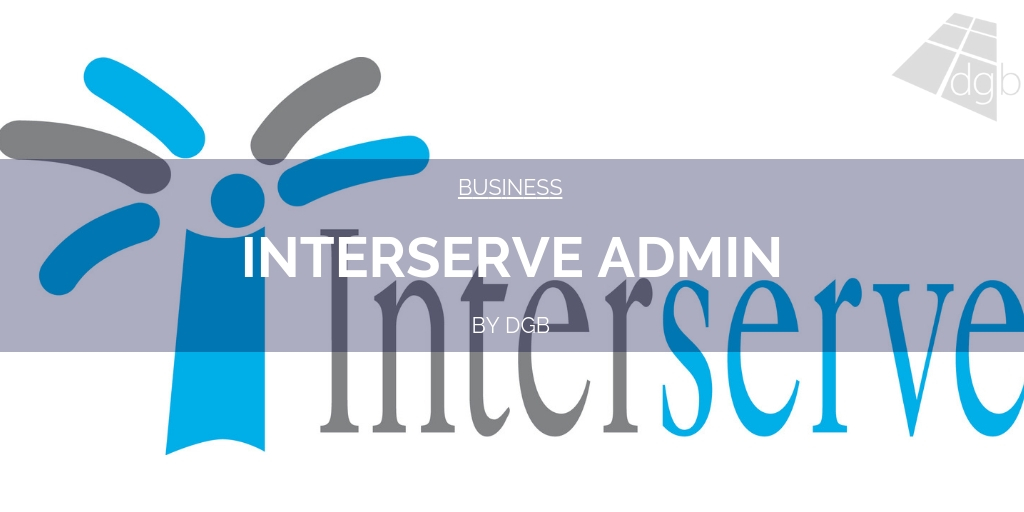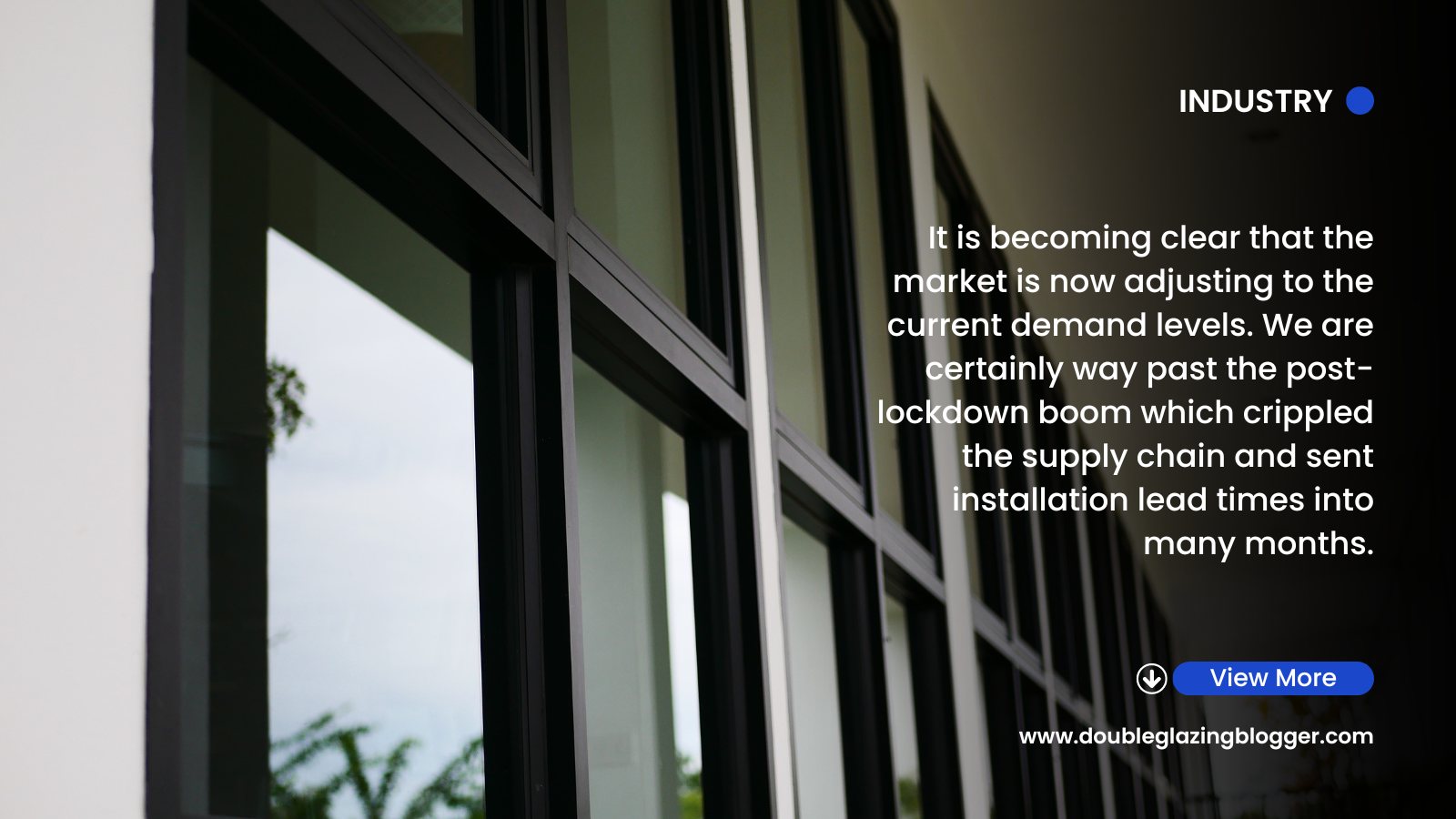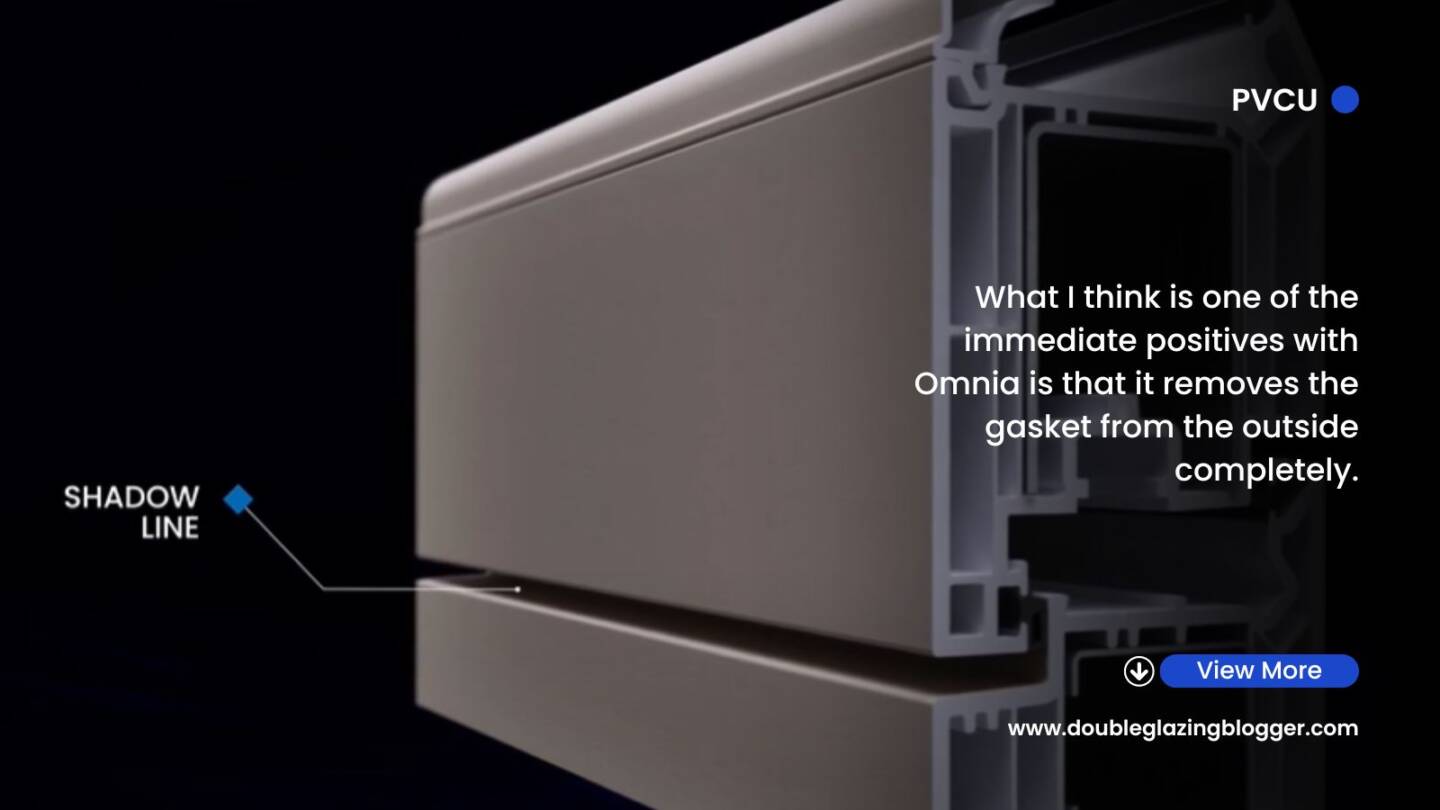Remember Carillion? Another huge Government contractor has gone into administration. This time round however there will be less disruption as the company has already been purchased by it’s lenders in what is known as a pre-pack administration.
Here are the details.
Holding statement
If you go to the Interserve website you get this holding statement before being taken to the main website:
Interserve (in administration) has announced the successful completion of the sale of the group. This alternative deleveraging transaction will restore the Group’s balance sheet and provide additional liquidity. The administrators have immediately sold Interserve’s business and assets to a new company, to be controlled by Interserve’s lenders.
All companies in the Group other than the parent company will remain solvent, providing continuity of service for customers and suppliers.
The alternative transaction involves the equitisation of approximately £485 million of existing debt and the injection of £110 million of new money into the Group.
Completion of the transaction is anticipated to occur on or before Monday 18 March.
The Group believes this is the best remaining option to preserve value, protect the jobs of employees and ensure the Group can carry on as normal with minimal disruption.
If you are an Interserve Employee, Customer or Supplier and you have a question, you can contact us on our dedicated hotline 0333 207 4180 which is open from 0700 – 1900 until Monday 18 March.
Interserve is a huge company. They had turnover of £2.7bn in 2018, they employ 68,000 people around the world, 45,000 of those in the UK. By any scale this is a large company. For perspective, Carillion had twice the turnover but employed less that Interserve. So if this were Top Trumps they would be level pegging.
This story will hit many radars in our sector as it rings a familiar story with what has just happened with Synseal. They too undertook a pre-pack administration and was able to set up a new company with the majority of it’s assets in place.
For a definition of a pre-pack administration:
Pre-pack administration is an insolvency procedure in which a company arranges to sell all or some of its assets to a buyer before appointing an administrator to facilitate the sale. It differs from conventional administration in that the sale of assets is pre-negotiated before an administrator is appointed, whereas in a regular administration the administrator starts marketing the business after being appointed.
Pre-pack administration often involves selling the business and assets of the old company to its current directors, who then form a new company. The assets, work in progress, debtor book can all be paid for over a period of time.
Credit: Real Business Rescue
It has already been pointed out on social media that this is the same thing that happened to Synseal, with the expected commentary around who benefits. But before I get to an explanation as to why this a decision taken between a rock and a hard place, it’s worth nothing that tens of thousands of jobs have been secured. Had any kind of administration failed, this would have been a catastrophe for tends of thousands of families, not only here, but around the world.
Never to be payed
It is right to acknowledge that in recent years pre-pack administration deals have come under fire. It is well argued that it’s an easy mechanism for Directors to set up a new company, transfer assets, but leave unsecured debts unpaid. Like suppliers. Morally speaking, it’s bad. The chances of suppliers and other unsecured debts being paid are slim. You can imagine the frustration of the suppliers to the old Interserve company right now. They will be trying very hard with administrators to recover as much of their money as possible. But considering that they had over £2bn of debt when this deal went through, that would be unlikely.
Here’s the other side of the coin. Given that Interserve, or any company for that matter, has to go into administration, pre-pack or otherwise, its because they were unable to pay their bills in the first place. So suppliers and others would have never been paid anyway. Had the company been able to pay, then it wouldn’t have needed administration. It’s as simple as that.
The bit where people do get frustrated however is that the Directors are able to remain in place at the top of the company. You can see why people would see that as unfair. They get to create a new company, move all the assets over, keep their well paid positions, and remove themselves from their unsecured debts. Should it be that easy? Perhaps a way to counteract the negativity around this type of business transaction is to put a condition on the move by saying all existing Directors cannot run the new company and new personnel have to be found. That might go some way as to assuage those who don’t like the pre-pack option.
There is no good option when it comes to these kinds of things. If people are to stick to their morals, then they would shut the company down and not insult their suppliers by forming a new company But, then you’re making redundant tens of thousands of jobs, in the case of Interserve. Morals have been followed, but tens of thousands have lost their jobs. Alternatively, you do the pre-pack administration, keep those tends of thousands of employed, but you ditch your debts to your suppliers and others. Neither are great options, and as I said above, suppliers were never going to be paid in any scenario, hence administration.
I think that going forwards there does need to be a rethink about the positions of the top people in any companies when deals of this kind are done. This I think is the crux of the key argument against this kind of arrangement. However, until legislation changes, we can expect pre-pack administrations to continue as they always have.
To get weekly updates from DGB sent to your inbox, enter your email address in the space below to subscribe:
By subscribing you agree to DGB sending you weekly email updates with all published content on this website, as well as any major updates to the services being run on DGB. Your data is never passed on to third parties or used by external advertising companies. Your data is protected and stored on secure servers run by Fivenines UK Ltd.






